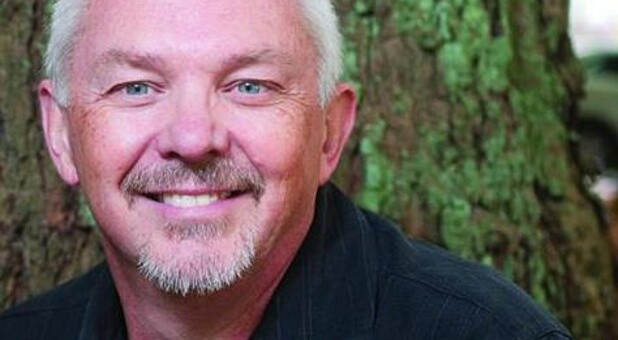From the ever-imaginative mind of William Paul Young comes Cross Roads, a novel that surely will be compared with his first work of fiction, the self-published phenomenon The Shack. Though the story is different, the new work has some of the same themes as his first, including the struggle to understand the character of God and nontraditional manifestations of the three persons of the Trinity.
Cross Roads launches with an overly lengthy description of 45-year-old Anthony Spencer—Tony to his friends, if he has any—a ruthless, paranoid businessman with an estranged wife whom he divorced and later remarried not out of love, but to experience the satisfaction of leaving her a second time. However, Tony, who grew up in the foster care system, practically idolized his son, who died at age 6. In his grief, he became a shell of a man and rejected his daughter.

From his in-between state, Tony is sent on a journey back to earth during which he revisits the choices he made in life, including one big one he regrets and decides to reverse. He is also given the power to heal just one person and must decide if he will take the opportunity to heal himself or another person in need—an elderly woman with Alzheimer’s or a teen girl with leukemia. With his body in the intensive care unit, Tony somehow occupies the minds of different people, including a mentally challenged teen boy and an African-American nurse, and is transmitted from one person to another via a kiss—sometimes in the context of a romance.
In Tony’s journey out of resentment and toward Father God, readers will find the commonality of the human condition. Cross Roads will bring Young’s fans and new readers laugh-out-loud moments, relatable characters and creative surprises, not to mention a dose of encouragement to consider their own spiritual state.
FaithWords is banking that this book will pay off just as The Shack did with its 10 million in U.S. sales and 18 million internationally. Fixing its on-sale date just before the Christmas shopping season, the publisher is aiming not to run out due to demand, having ordered 1 million copies for the book’s first printing.














































